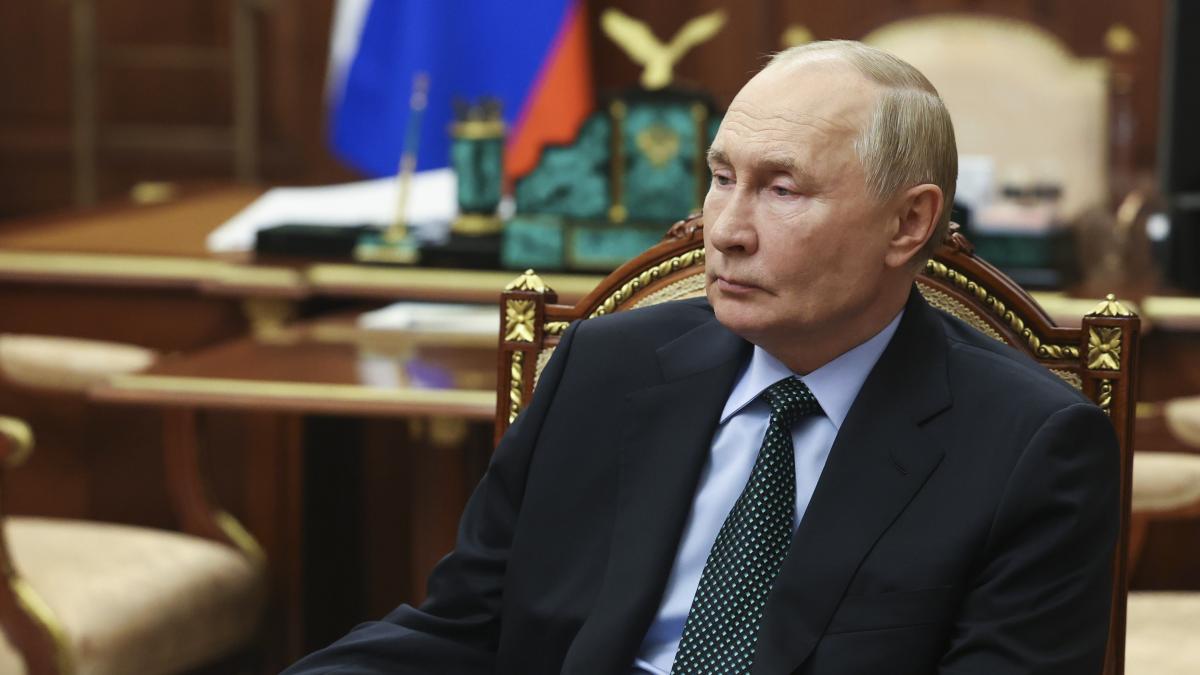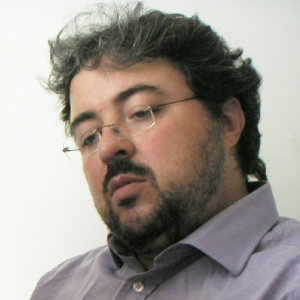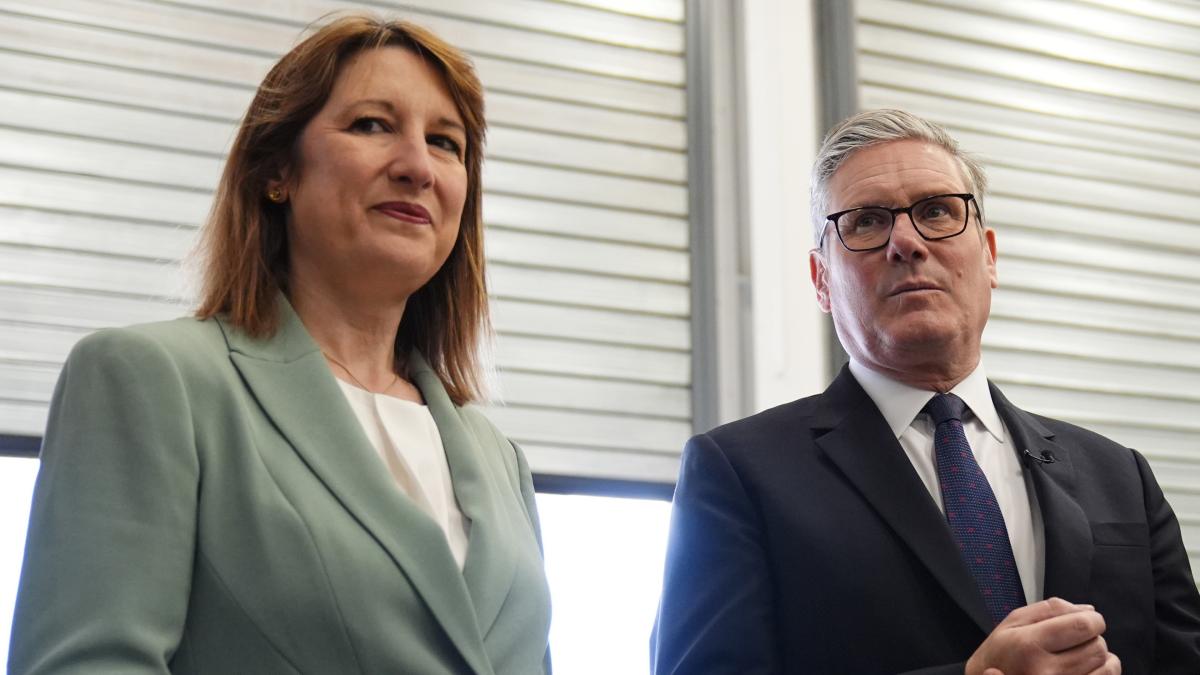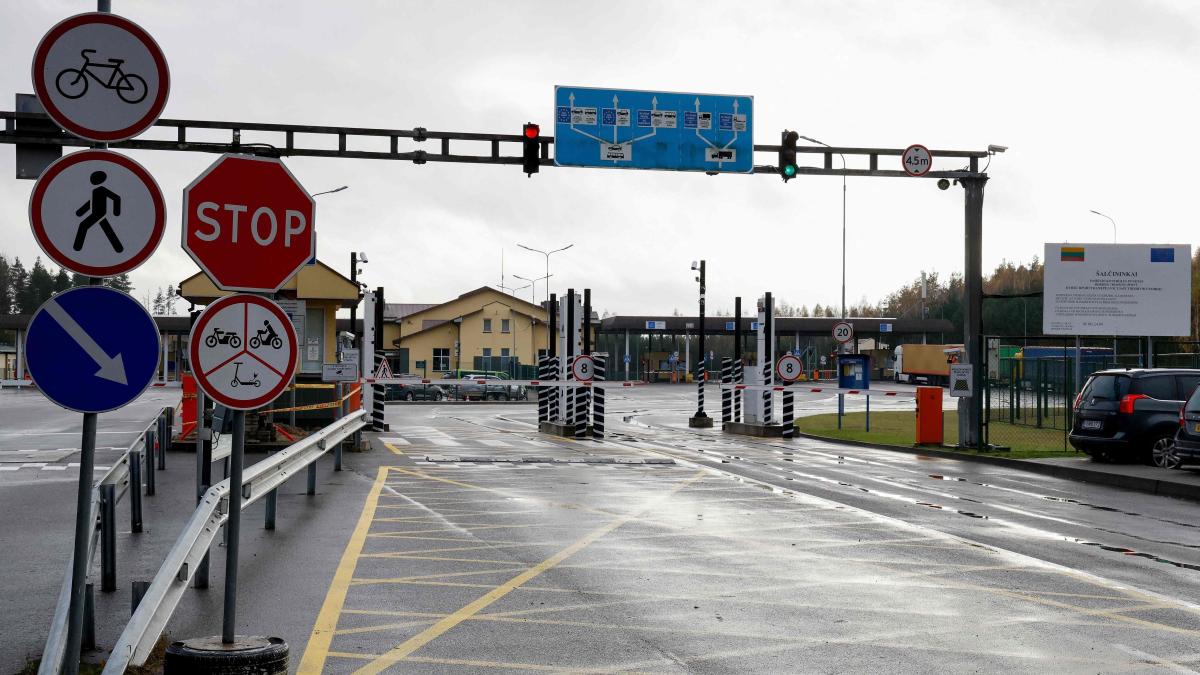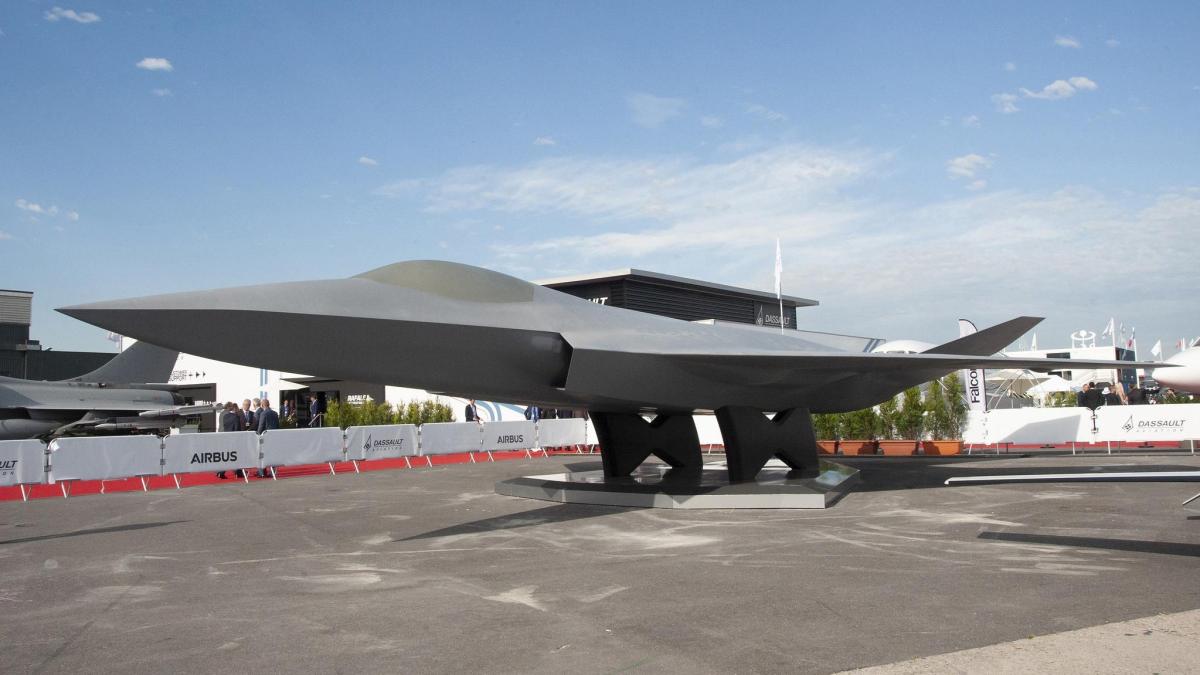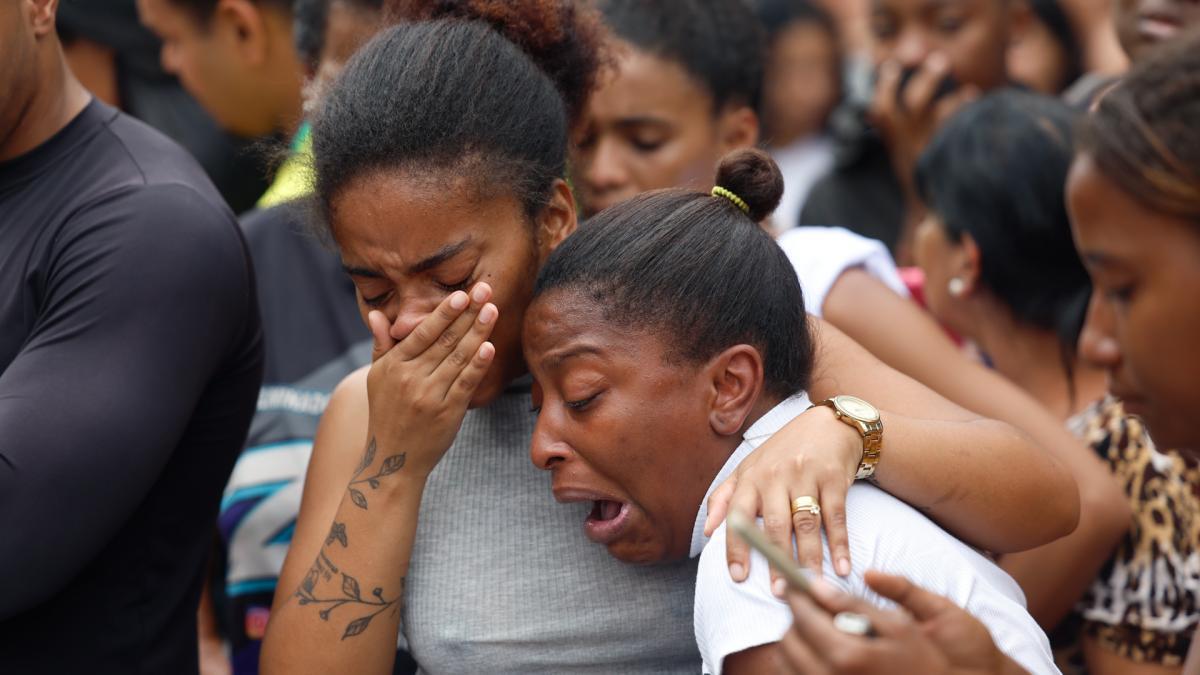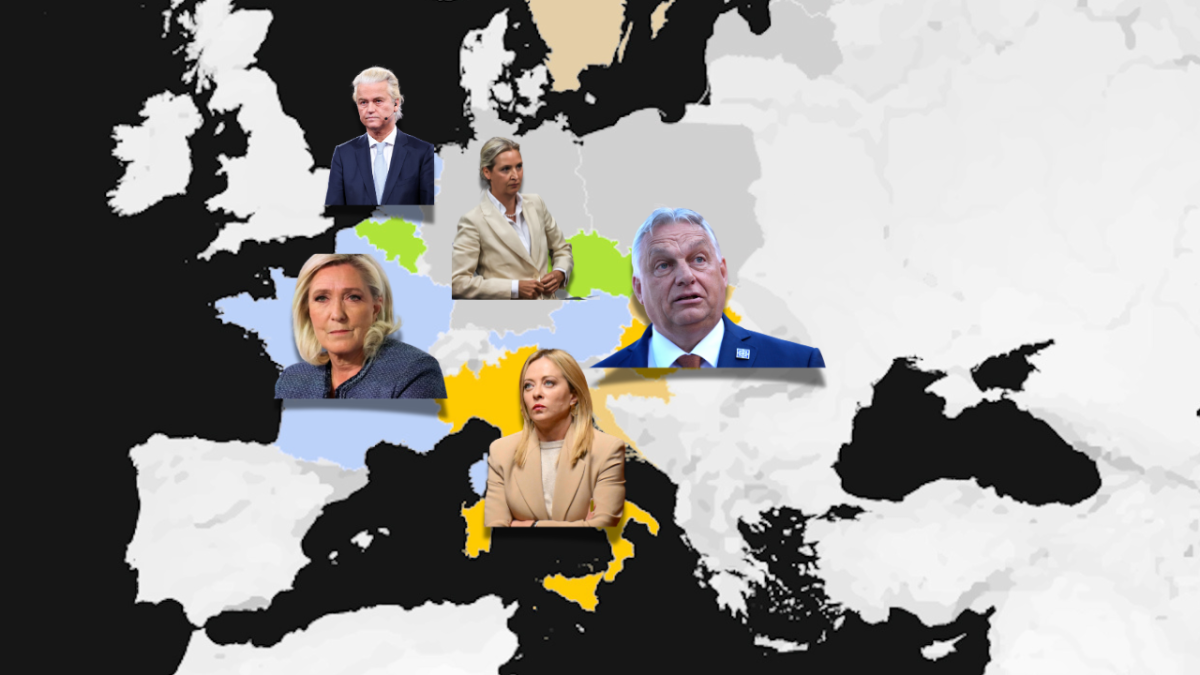Russian President Vladimir Putin during a meeting at the Moscow Kremlin on November 18
In a dramatic shift in military policy, Russian President Vladimir Putin has approved a new nuclear doctrine that empowers the Kremlin to launch a nuclear retaliatory strike in response to conventional military attacks. This landmark decision, made during an official meeting this past Tuesday, poses a significant escalation in the geopolitical landscape.
Tagging this doctrine as essential for safeguarding the sovereignty of Russia and its close ally Belarus, the implications are profound. Notably, the president has outlined that any military assaults, even if limited in scale, posing a perceived threat will trigger a nuclear response. Consequently, the document emphasizes that any assault backed by a nuclear power is also acknowledged as a direct attack on Russia’s security.
The ramifications of such a doctrine are staggering, potentially shattering existing international norms around nuclear engagement and compounding the fears of nuclear confrontations in future conflicts.
The newfound readiness to utilize nuclear weapons in conventional warfare scenarios is not without historical precedent. Russian military doctrine has long been grounded in the principle of overwhelming deterrence, which was often deemed essential as a shield against NATO expansion and perceived Western aggression.
Even as diplomatic channels remain ostensibly open, such military declarations serve as a stark reminder of the precarious position nations like Russia are facing vis-a-vis unilateral military action from more technologically advanced powers.
This doctrine could usher in an era of constant nuclear alert, wherein conventional skirmishes could escalate alarmingly quickly into catastrophic warfare. The Kremlin’s decision encapsulates a philosophy where the line between nuclear and conventional warfare has alarmingly blurred, forcing a reevaluation of strategically defensive postures globally.
Commentators speculate about the repercussions within NATO and the European Union, which may tighten their military posts at the borders or ramp up nuclear deterrents of their own. Nations may rethink their positions on affiliations, and alliances, leading to new forms of friction that could disturb the precarious stability of the region.
This prevailing environment is mirrored through the lens of personal experiences reported by international observers and analysts who describe witnessing the profound militarization of Russian rhetoric in recent years.
The moving narrative of fear and urgency has encapsulated the atmosphere within various geopolitical dialogues, with many suggesting that the world is not prepared for the potential volatility this nuclear doctrine introduces.
The notion of a nuclear response to conventionally armed engagement embodies a radical departure from norms established post-Cold War, shifting battle paradigms and compelling military strategists to grapple with a new era of unpredictability.
As Putin’s government reinforces its nuclear posturing, global leaders must now navigate the treacherous waters that lie ahead. The reactions from global powers will likewise be tested as they determine how to respond to Russia’s provocations while maintaining the delicate balance of power.
This ensuing doctrine serves as an urgent call to action for monitoring extensions in military capabilities, broader implications on international treaties regarding non-proliferation, and the evolving nature of deterrence in a vastly complex and interconnected world.
The echoes of the past continue to resonate, bringing together caution and forwards intent, marking an alarming shift that the world cannot afford to ignore.
Show comments
{“allowComment”:”allowed”,”articleId”:”article-10119233″,”url”:”https://admin.lavanguardia.com/view/internacional/20241119/10119233/putin-approves-the-doctrine-that-allows-a-nuclear-response-to-a-conventional-attack.html”,”livefyre-url”:”article-10119233″}
Loading next content…

